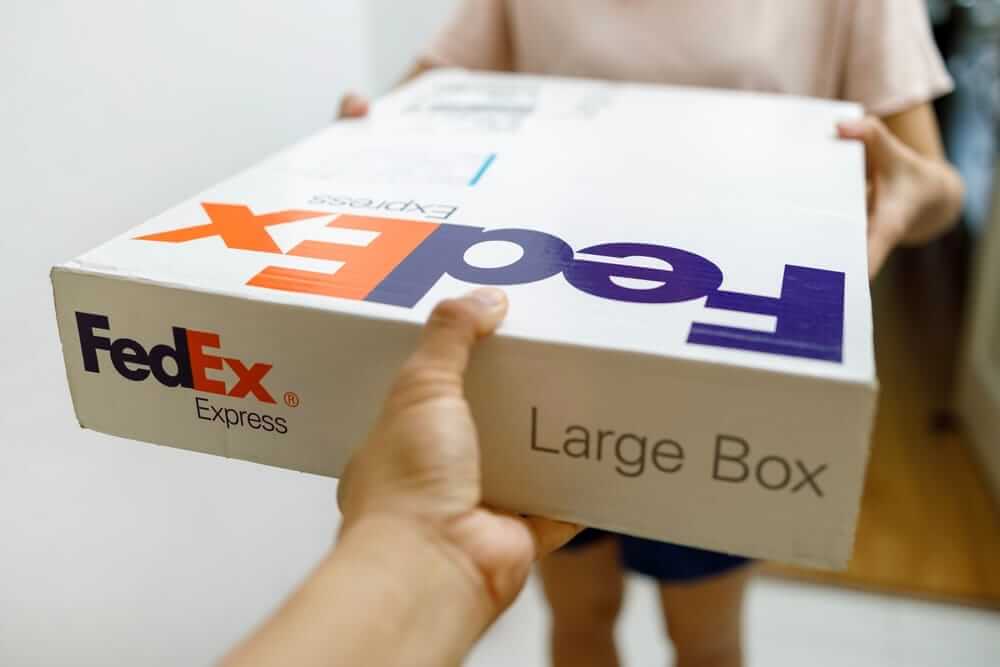Copyright M Live Michigan

Michigan drivers pay state and federal taxes every time they fill up their gas tank. How much, and where those dollars go, are changing in an effort to better maintain and improve the state’s roads system. Those changes were signed into law earlier this month. Lawmakers have described the tax change as “revenue neutral” and assured residents they won’t see much difference in how much they pay at the pump. But is that true? Below is a look at those taxes, how they’ve changed, and what it means for drivers moving forward. The old system Before the recent changes to the fuel tax setup, drivers paid a 31-cents-per-gallon state fuel tax, plus an 18.4% federal fuel tax, and a 6% sales tax. All taxes are included in the price per gallon advertised on the pump. Gas taxes went to fund roads and transit, while the sales tax was used for a variety of avenues, including schools, local government, and environmental regulatory fees. Lawmakers had for years said they wanted to see all taxes paid at the pump go to the transportation fund. This time, they made it a reality. The new system Michigan has since cut the sales tax from fuel sales and replaced that revenue with a 20-cent-per-gallon increase to the fuel tax. The move allows all taxes on fuel to fund roads, bridges and other transit costs -- a shared goal of the long-term road funding strategies laid out by both House Republicans and Gov. Gretchen Whitmer. Officials estimate the fuel tax change, plus a new wholesale tax on marijuana and shifting about $688 million in corporate income tax revenue to roads, would increase transportation funding by about $1.1 billion in Fiscal Year 2026. Eventually, those changes could generate more than $1.8 billion annually, according to the Senate Fiscal Agency. Is the tax change actually ‘revenue neutral’? A quick calculation of taxes paid at the pump at various prices per gallon would indicate that drivers could pay more, or less, to fill their tank, depending on the cost of gas. That’s because the sales tax was based on a percentage, while the new formula uses a more stable gas tax in cents per gallon. Previously, drivers paid more taxes when gas prices were higher. Moving forward, they’ll pay more when gas prices are lower, but less when prices are higher. So why call it revenue neutral? State Rep. Tom Kunse, R-Clare, said lawmakers looked at gas prices over a three-year period. Taxes paid per gallon on average were comparable to what drivers will pay under the new tax system at current gas prices. “If we look at the data a year from now, I’m confident this will be revenue neutral or better,” Kunse said. What about electric and hybrid vehicles? State law requires electric and hybrid vehicle owners to pay more in annual registration fees whenever the fuel tax is increased. For every 1 cent raise of the state’s gas tax, EV (electric vehicle) drivers pay another $5 per year and hybrid drivers pay another $2.50 per year. Given the recent 20-cent increase, that means those drivers can expect to pay another $100 and $50 per year, respectively. Advocates from the Michigan Energy Innovation Business Council (MEIBC) said the fee hikes move Michigan to No. 1 in the nation for EV taxes. “One casualty of the rushed road funding deal is fairness in how Michigan treats its drivers,” said Sophia Schuster, policy principal for MEIBC. She called it a likely unintended consequence. Schuster supports an effort proposed by Sen. Sam Singh, D-East Lansing, to reduce those registration fees. While Kunse said it’s a worthwhile conversation to have, he doesn’t consider the new registration fees to be unfair to EV drivers. He calculated the $260 registration fee per year as equivalent to the driver of a gas-powered vehicle paying fuel tax on about 510 gallons of fuel in a year. That would be a realistic total for someone who drives 15,000 miles per year and gets about 30 miles per gallon. Kunse admits the road funding system isn’t perfect or fully equitable. He anticipates an eventual move to some type of pay-per-mile system for all drivers. In the meantime, he said the state has finally secured more long-term, stable road funding. “It’s been 12 years of trying to get all taxes paid at the pump to go to roads” he said. “I think this is a win. We got the funding, now we still need to make sure we spend it as fiscally responsible as possible.”



